Community Engagement: How Local Initiatives Are Reducing Plastic Waste
/In the last few years, the issue of plastic waste has become a major global concern, mainly impacting the oceans. Approximately 11 million metric tons of plastic waste leak into the waters each year and this is expected to triple by 2040.
The power to make a significant impact lies in our unity as a community. It is about all of us coming together to address a global problem. Each decision we make with our purchases can dim the impact of plastic pollution that affects all of us.
In this article, we will talk about how important local initiatives are for addressing the challenge of reducing plastic waste. We will also explore solutions and alternatives as better replacements for plastic, showcasing the importance of community-driven efforts in creating a cleaner, healthier planet.
The Plastic Problem
Did you know that over 400 million tons of plastic are produced every year for use in a wide variety of applications? Plastic poses a significant threat to the environment, primarily harming our oceans, directly impacting marine wildlife, and disrupting their natural habitats. It has emerged as a major environmental concern, jeopardizing not only our ecosystem but also human health. With over 9.2 billion metric tons of plastic generated worldwide since 1950, the scale of this issue is substantial.
In the United States alone, only 5% of plastic waste is recycled, largely due to the challenges in recycling certain types of plastic. Even when collected from communities, a substantial amount of plastic often remains unrecycled. The persistence of plastic lies in its non-degradability, causing long-term environmental damage.
One of the critical issues is the cost and complexity of collecting and sorting plastic, making effective waste management challenging. Additionally, the plastic production process poses health risks to communities, increasing the likelihood of diseases such as cancer.
Local Initiatives Impact
One of the most common local initiatives taken across different cities in the United States is the ban on single-use plastics. Across the country, more than 200 cities have said no to plastic foam usually used for takeaway food or beverages.
San Francisco is a great example of a community making a positive impact. They have reduced the use of single-use plastic by getting rid of plastic bags and disposable utensils. Plus, San Francisco International made history by becoming the first airport worldwide to stop selling any drinks in plastic bottles.
Other cities, like Irvine, understand that they can only make a difference as a community. Irvine's city council is thinking about banning single-use plastic, especially in places like restaurants.
Another example is Los Angeles. They set up 200 public drinking stations in places like parks and recreation areas encouraging people to drink more tap water. In 2023, Los Angeles airport became the second in the world to say no to plastic water bottles.
Tips on How to Reduce Plastic Use
Our everyday activities play a significant role in the local waste generated within our communities. Fortunately, we have choices that allow us to be environmentally conscious and contribute to the solution rather than the problem. Below, we provide some tips to help you make a positive impact on your community by reducing plastic waste.
Use a Reusable Water Bottle
One of the most simple impacts you can have is switching from single-use plastic water bottles to a durable, reusable water bottle. Nowadays these can be bought from virtually anywhere. If you want to have a positive impact on the environment, carry your reusable bottle wherever you go, and opt for tap water or water refill stations to stay hydrated without contributing to plastic waste.
Switch from Plastic Bottled Water to Boxed Water
When you are on the road or maybe you forget to take your reusable bottle with you, this is an eco-friendly alternative to traditional plastic bottles of water. Boxed water is made from carton and sustainable materials, having a low environmental impact. By making this simple switch you contribute to reducing the plastic demand and support businesses that adopt sustainable packaging solutions.
Say No to Straws
Unfortunately, in the absence of local regulations, some restaurants still purchase and use plastic straws. You can inquire in advance about their straw options, checking if they offer paper or biodegradable alternatives. If not, you could refuse their option and consider buying a reusable steel straw.
Bring a Reusable Coffee Cup
If you are a coffee lover and you buy takeaway coffee quite often, investing in a reusable coffee cup will bring a massive change to your weekly waste. Today there are lots of coffee shops offering a discount if you come with your cup, so make sure you take advantage of this. Choose a cup made of glass or stainless steel that will last you a long time.
Use Reusable Bags
When you go shopping try to make a habit of bringing your reusable bags. You can purchase a foldable bag that is easy to carry around everywhere. This can be bought from supermarkets as well as other stores; nowadays most retailers have it.
By making this small change, you might become a role model for someone who might observe your actions and choose to do the same the next time they go shopping.
Local Initiatives Can Reduce Plastic Waste
It’s increasingly clear that plastic waste has become a big problem exacerbating the degradation of the environment, and without enough laws, it’s up to us as individuals and members of local communities to make a positive change in the global environment. Local initiatives, driven by the collective efforts of individuals, showcase inspiring stories of innovation and commitment. These initiatives not only focus on reducing plastic waste but also emphasize the importance of fostering sustainable practices and raising awareness.
like this? please pin!
In light of the various tips, we have explored, it’s evident that positive change starts at the community level. Even in the absence of official initiaties at the local, county, or state level, we can make a substantial difference in combating plastic pollution by working collectively as a community.
About the Author:
Hazel R is a freelance writer who is interested in tech, legal, health, and property trends. When she's not writing, she works in commercial property management.











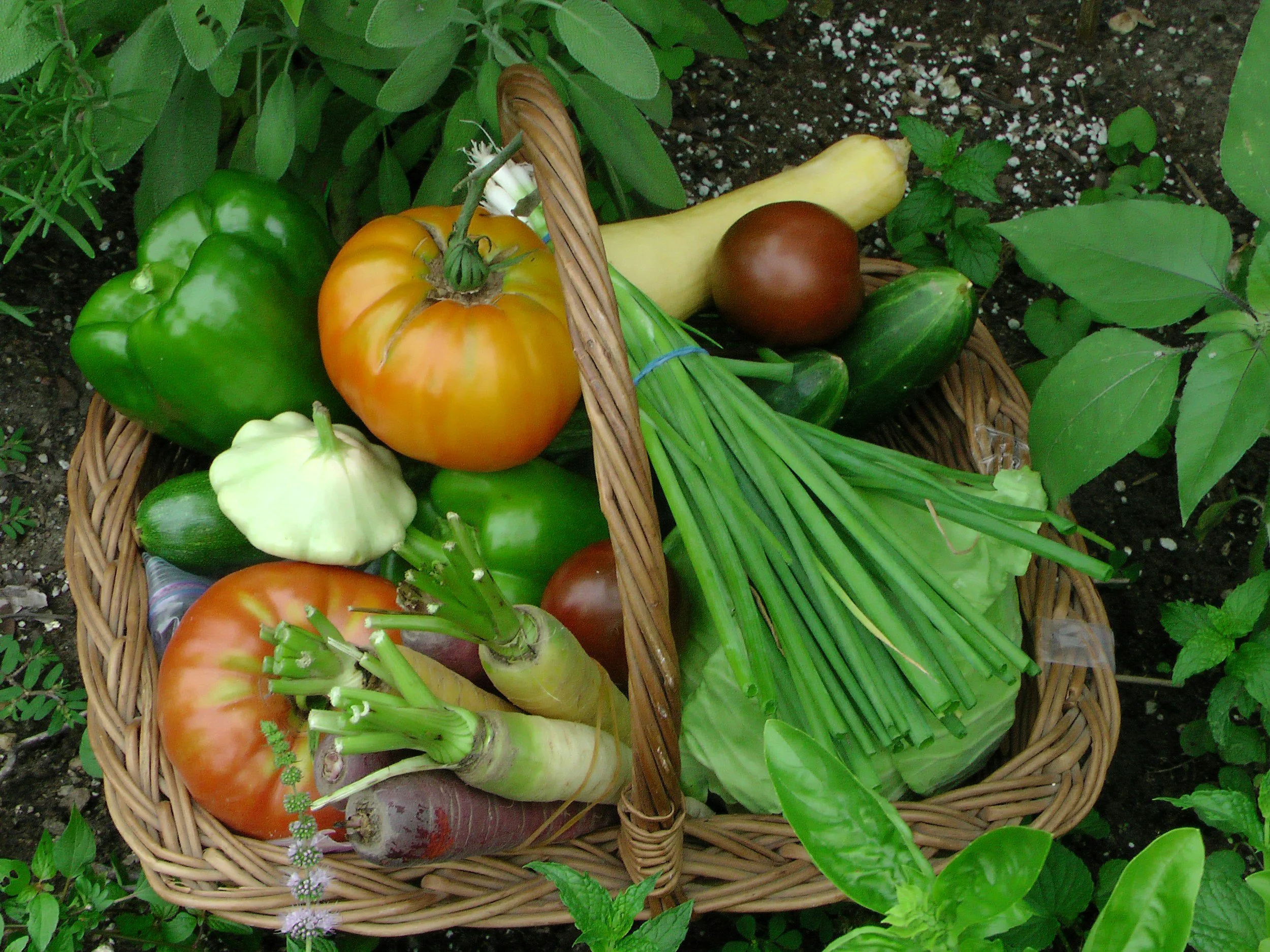

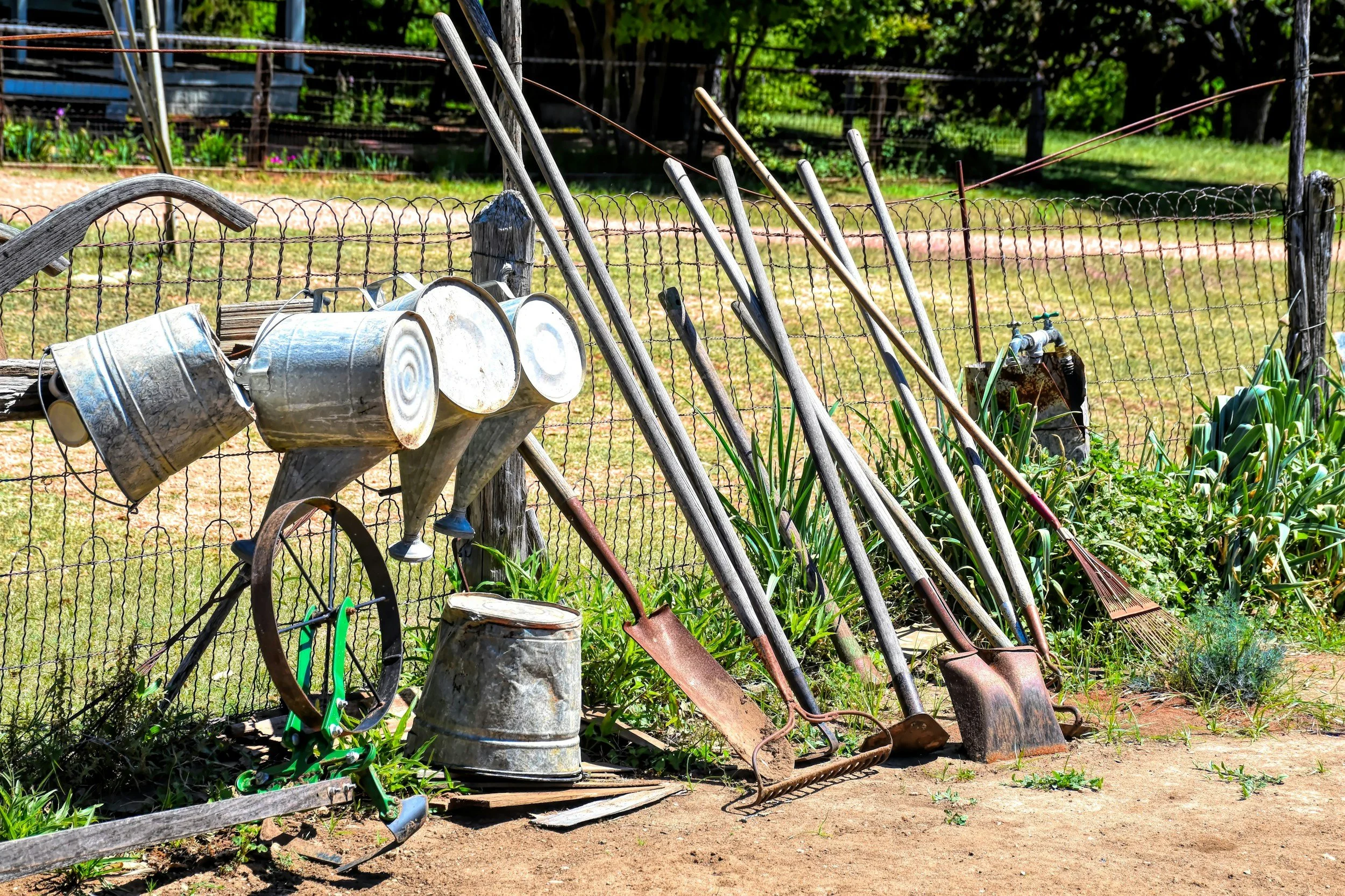
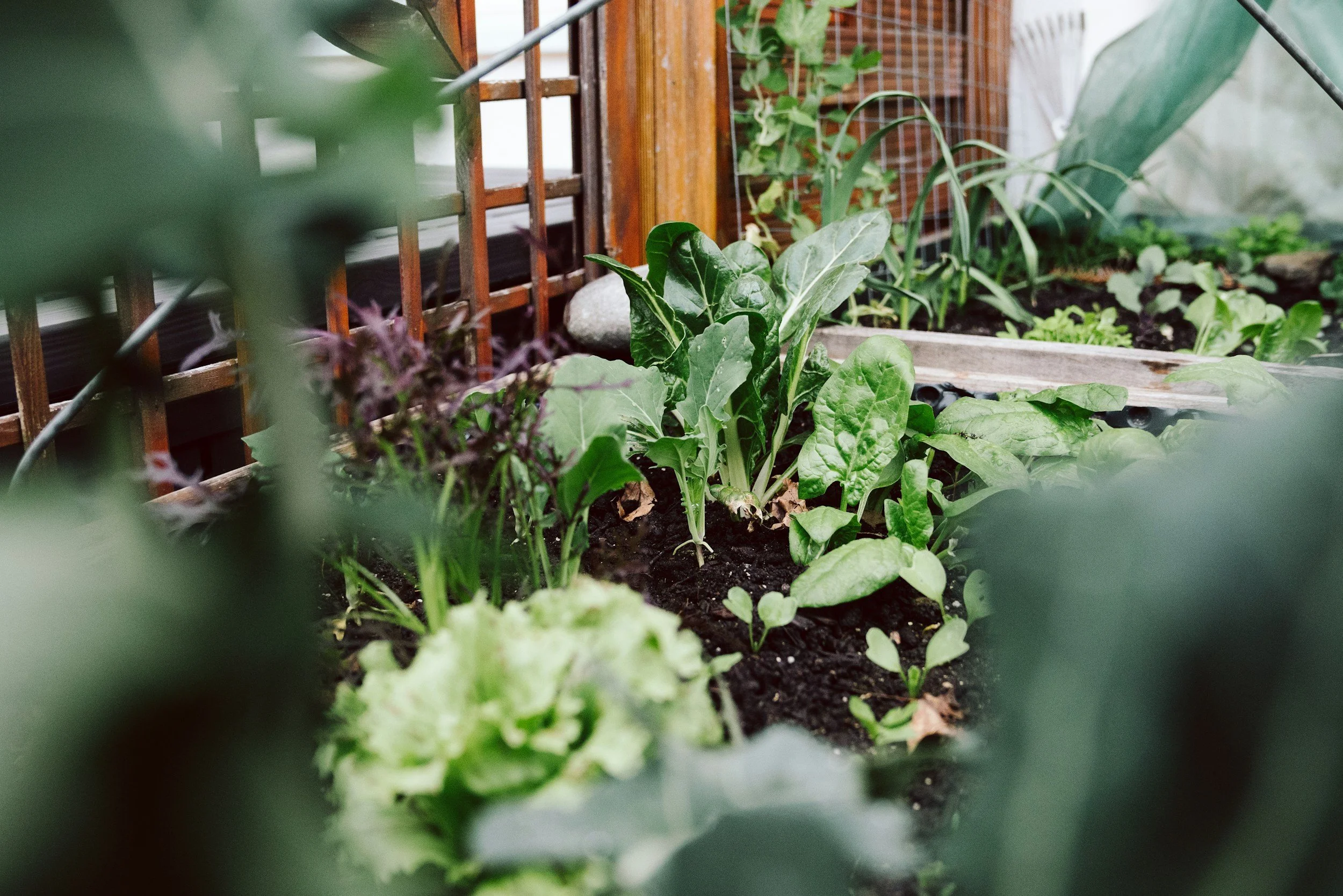
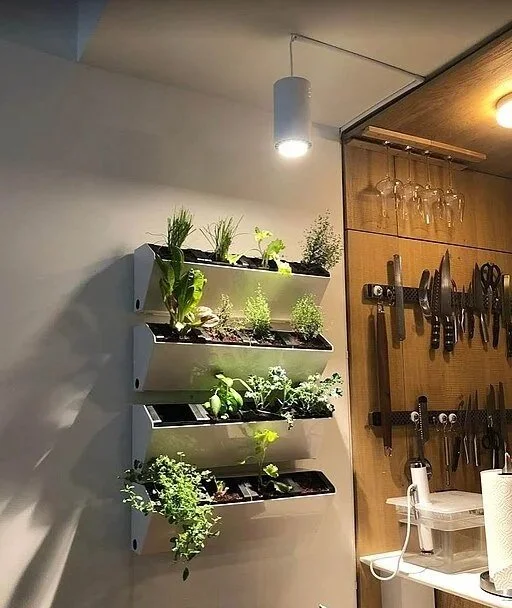
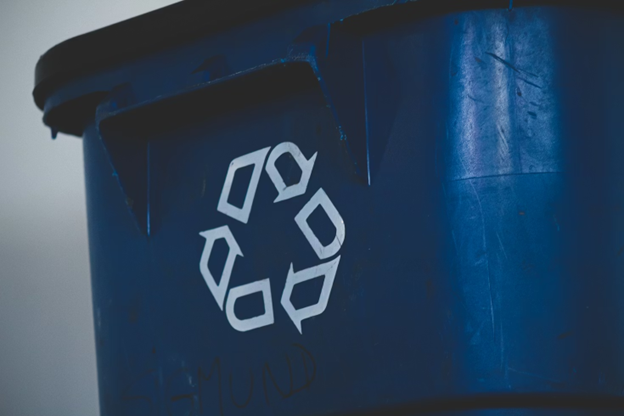
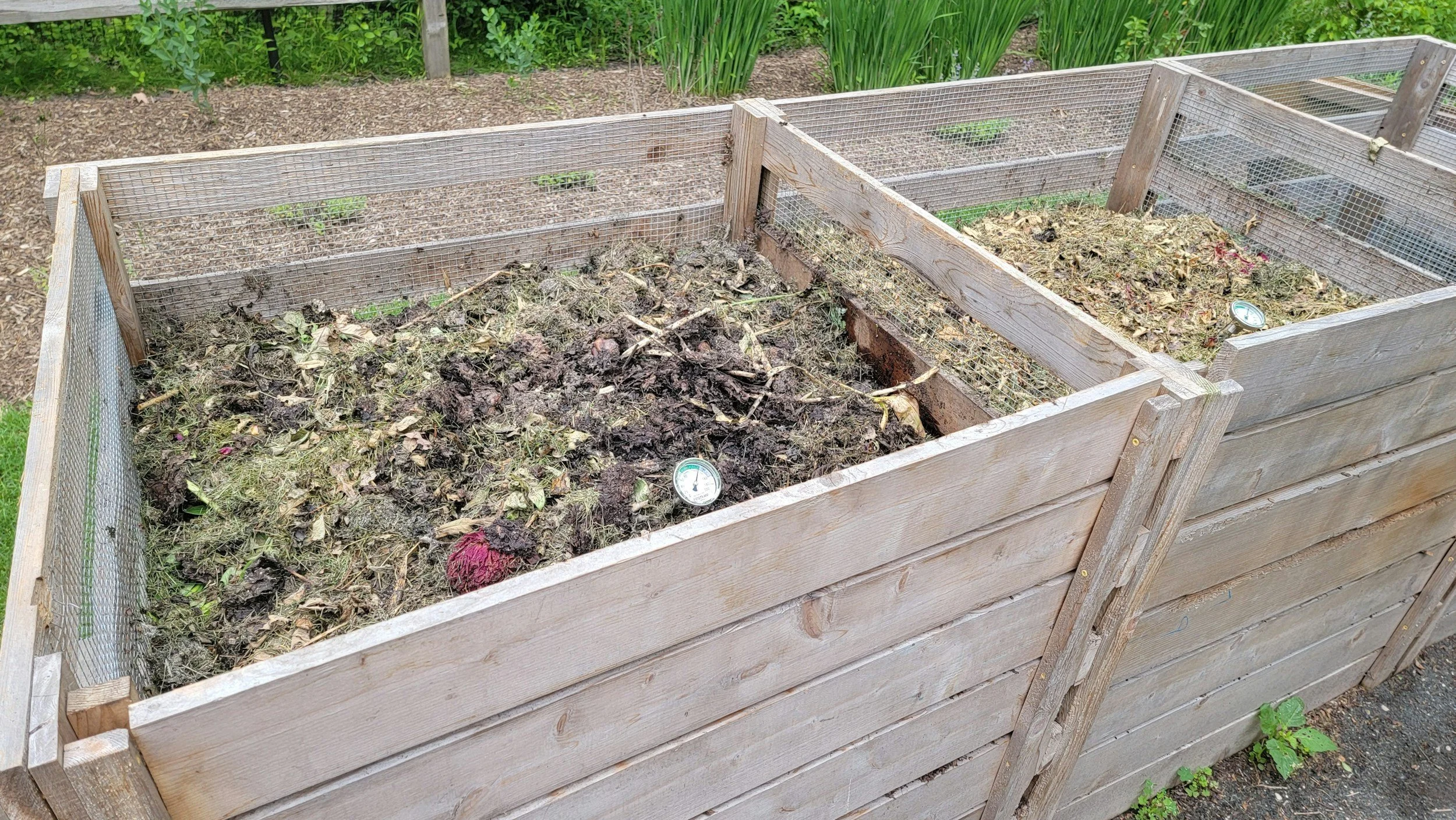

















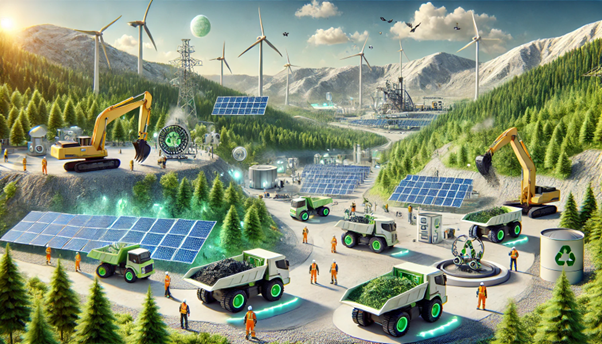

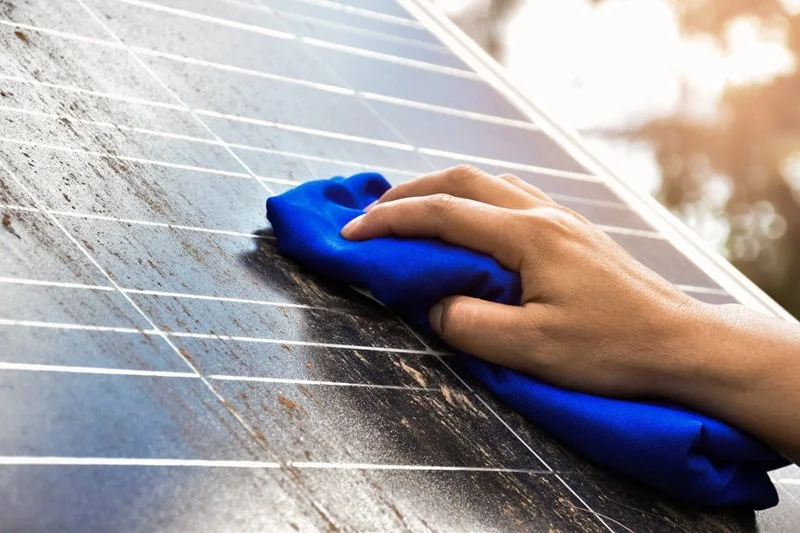

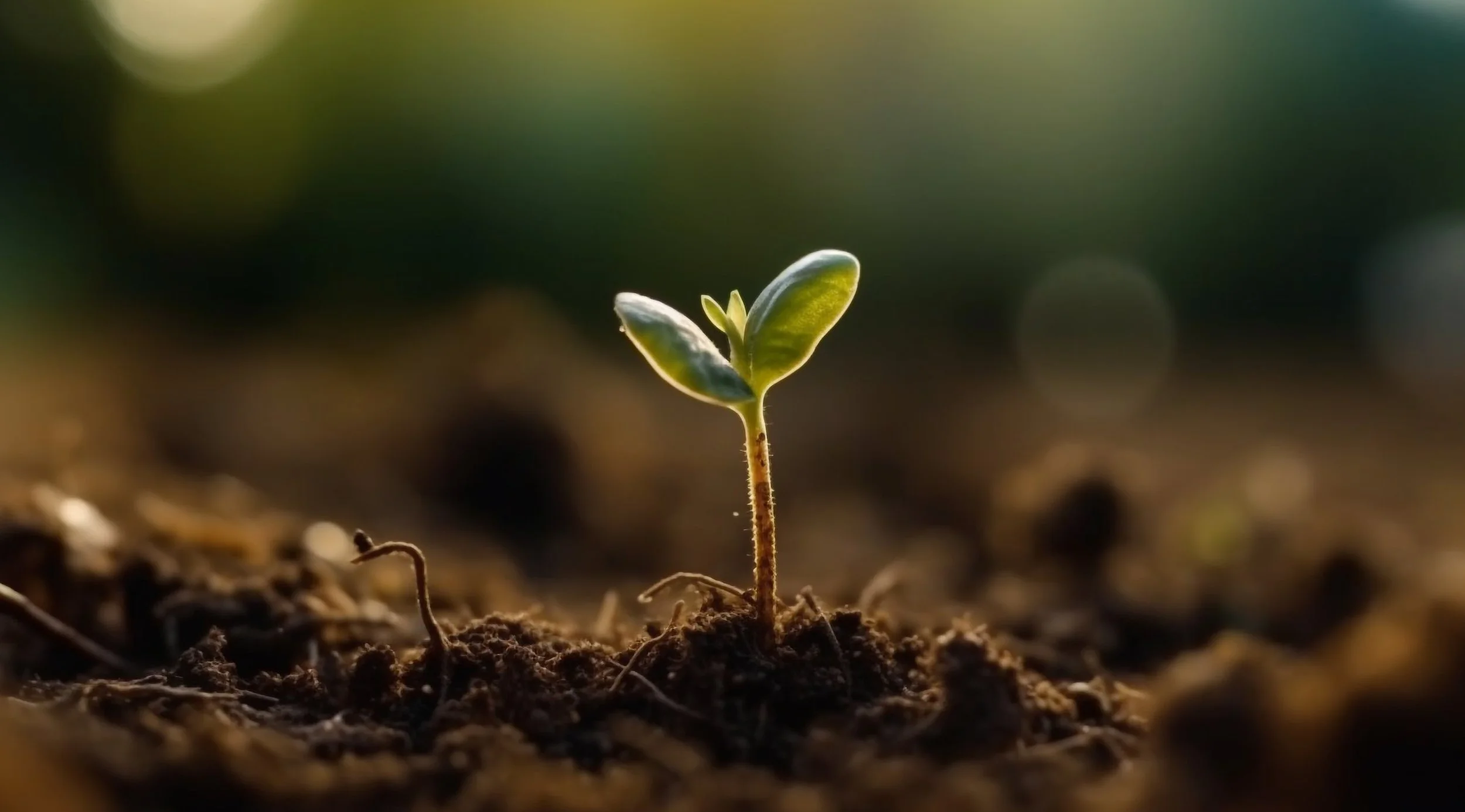



Reducing single-use plastic isn’t just a trendy buzzword, it’s a meaningful step toward protecting oceans, wildlife, and human health. Plastic takes centuries to break down, leaches harmful chemicals, and shows up in the deepest trenches of the sea and the highest peaks of the Himalayas. This guide covers everything from understanding the problem to everyday swaps, all designed to help you transition to a plastic-free lifestyle.